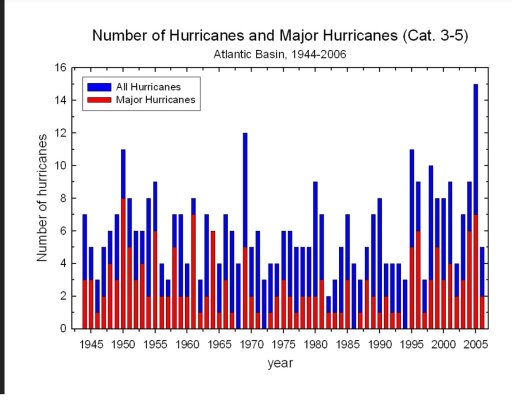dhays
Guru
- Joined
- May 26, 2015
- Messages
- 9,527
- Location
- Gig Harbor, WA
- Vessel Name
- Kinship
- Vessel Make
- 2010 North Pacific 43
"Play the hand you are dealt", "dance with one that brought you", ect... it would be unreasonable to expect individuals or entire communities to completely rebuild, retrofit, or relocate to mitigate all the current risks we know about. My concern is what happens after a disaster. If folks simply rebuild the same way they did before, that seems irresponsible.Rereading Ted’s and Dhay’s post there’s an ethical dilemma. All to often where people live isn’t a choice.
I previously mentioned a prior crew who inherited a funeral home and house which his grandfather established near Atlantic City. He lost his house and business and was not made whole. House and business were not Sandy proof. Unreasonable to expect that. With each catastrophe I’m sure there’s similar. ?how to deal with this? It’s different than rebuilding on a coastal cliff
Apparently, only a 1/4 of the Floridians in the areas affected by Milton and Helene have separate flood insurance. This is important because even those that have hurricane insurance may not be covered by the flooding from Helene and Milton. Hurricane insurance covers wind damage and if the wind damages the roof, then it would cover water damage from rain. In other words, hurricane insurance may cover water falling from the sky, but not sea water or fresh water coming from below.
Almost all flood insurance in the US is provided through the National Flood Insurance Program. If folks have this, it covers the building, HVAC, major appliances, carpeting, drapes, and debri removal. Unless an additional contents policy was purchased, flood insurance doesn't cover anything outside of the building, cars, boats, landscaping, or contents of the building.
If the costs to repair the building are more than 50% of the market value of the building (not the property) at the time of the event, then the cities or counties may declare the building "substantially damaged" and require the building to be rebuilt to current flood standards. If the person has flood insurance, then they can get up to an additional $30k to help with bringing the rebuilt/repaired building up to current standards. Keep in mind that the max policy limit for NFIP insurance is $250k for homes and $100k for contents (if you buy an additional contents policy).
So even if you do have flood insurance, which most of the folks in Florida don't have, you still may not get enough paid on your claim to be able to rebuild your house to meet the new standards. Let alone the cost of replacing cars, contents of the house, a place to live in the meantime, etc... FEMA does give grants to help for those in a nationally declared disaster, but the average grant for flooding is only $5,000 yet the average flood insurance payment is about $69k.
Bottom line, even insurance will only cover portion of costs. FEMA grants cover a tiny portion. However, there are other ways that these folks get help. Family, friends, churches, Red Cross, all are helpful. Long term, welfare may be the biggest taxpayer expense for these storms. If folks can't afford to rebuild/replace their homes, they lose a huge asset. This may put tip them over into a low enough income that they depend on Welfare to get buy. This may be the biggest and least obvious cost-sharing of these disasters.


